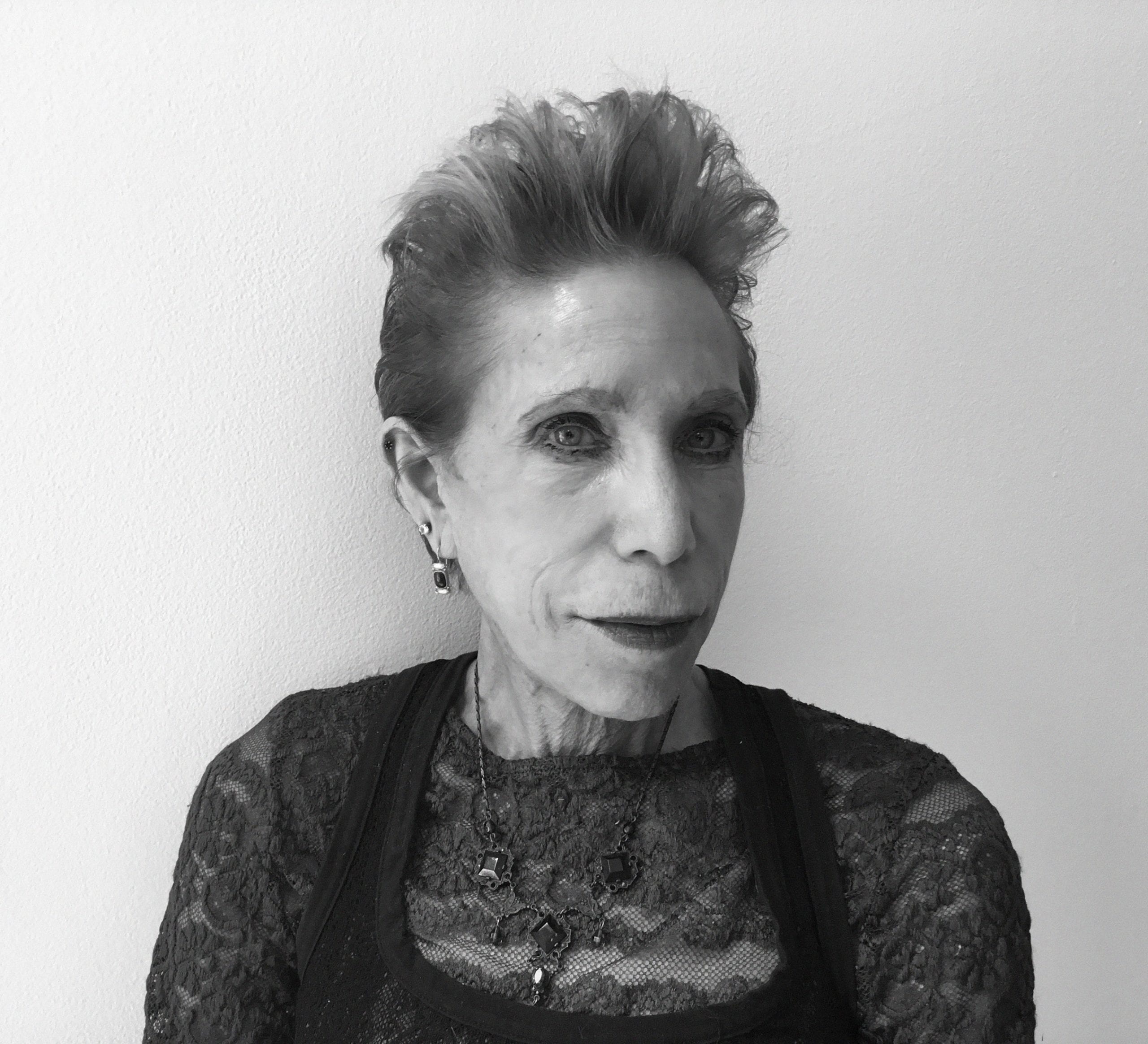

A woman dreamt she was to take care of her father. The meaning of this dream depends on the dreamer and can mean many things about the relationship with her father. Why is she to take care of him? What is the dreamer’s desire, and what are the implied wounds? Why is the dream so short and without continuation? Is he the internalized father, the personal father, the father complex, or the archetype?
This dream illustrates some of the emotionally complex, internally deadening, and blank spaces transferred from the father who has been absent emotionally and/or physically for a daughter. It includes exploring the father archetype, the complex and the transcendent function acquired through Jungian analytical work. They help comprehend the repercussions from the absent father personally and culturally. The concept applies to sons, too, although in different ways, as they also have suffered the effects of father absence. And, they have unconsciously passed the lack they experienced onto the next generation.
Desire comes with an image, but what if a father doesn’t provide one? When the father is absent, he neglects a relationship with his child. The emphasis here is on father betrayal, the lack of fulfilling the good paternal promise, the support, and love. This affects the daughter’s mind, body, and love for self and others. Father becomes associated with yearning, sadness, frustrated love, anger and rage, oppression, and desire.
The contradictory feelings bring stress to the daughter’s body and soul and from this arises the need to find herself. Showing him adoration and idealization, even when turning her back on him, she can become buried in his skin and act against herself. As the emotionally, physically, psychically missing father becomes idealized, there is related repression of negative feelings towards him. Both the daughter’s idealization and her warding off anything negative are attempts to compensate for the fact he was just not there.
The father’s influence takes effect from the beginning as the infant takes in an embodied sense of a psychological self. This is a developmental and relational patterning. It evolves from experiencing the father as a love object that conveys relatedness and support.
The family is the primary place where betrayal is experienced. This is where the first love pact is sealed, simultaneously obstructing and fostering individual psychological birth. An absent father oppresses to the extent he was and is not there. Absence contributes to the daughter’s self-image as inadequate, infantile, and dutiful. She might be ambivalent about her life, angry, and depressed. The daughter without a father learned to put on masks to please others. Behind the masks lay his legacy that imposed on her self-doubt, impotence, lack of focus, or grounding.
Becoming aware of how father images live inside is a part of gaining consciousness and recovering meaning from the effects of his absence. When physically absent, the father figure sinks even more into the unconscious. The daughter struggles to find a way to access him and what he represents. But, she draws a blank and has to fashion a father figure from what is not known. A question posed here is how can daughters love themselves without images of loving fathers?
Although a love story, this is an unanswered one. It is about the needs a daughter has for a father figure, causing distress when he is not there. She can become unconscious and inwardly empty, without connection to herself in body, mind, and soul. Significant for a daughter’s psychological and physical life, he is both an outer and an inner form for her relational development expressed personally and culturally.
Jung said, “The father is decisive in the destiny of the individual” (Jung, 1961, para. 303). This quote reminds us of the value of a loving father for a daughter’s growth. Therefore, his absence is a problem that is or should be, preoccupying in our times, as it is sadly not an uncommon story. Although the wounds from the lack of father scar, once understood and integrated, they can gradually become a source for development.
Enjoy Susan Schwartz’s course The Absent Father Effect on Daughters. What happens to a girl when her father is physically or emotionally absent from her life? Discover how the father’s absence might become a personal and collective call for growth and the emergence of change.

Susan Schwartz
Susan E. Schwartz, PhD, Jungian analyst and clinical psychologist, is a member of the International Association of Analytical Psychology. She has taught in numerous Jungian programs and presented at conferences, workshops and lectures in the USA and many other countries.
More Posts by Susan Schwartz